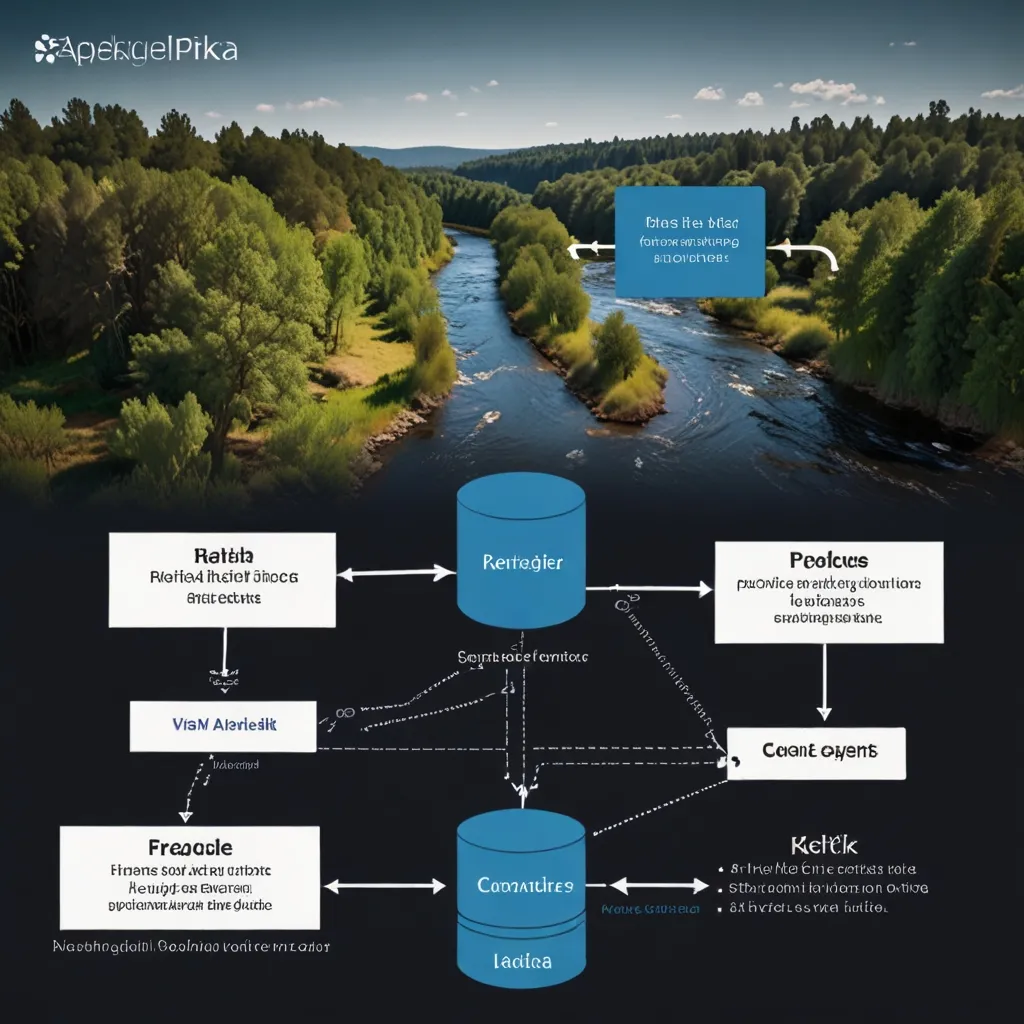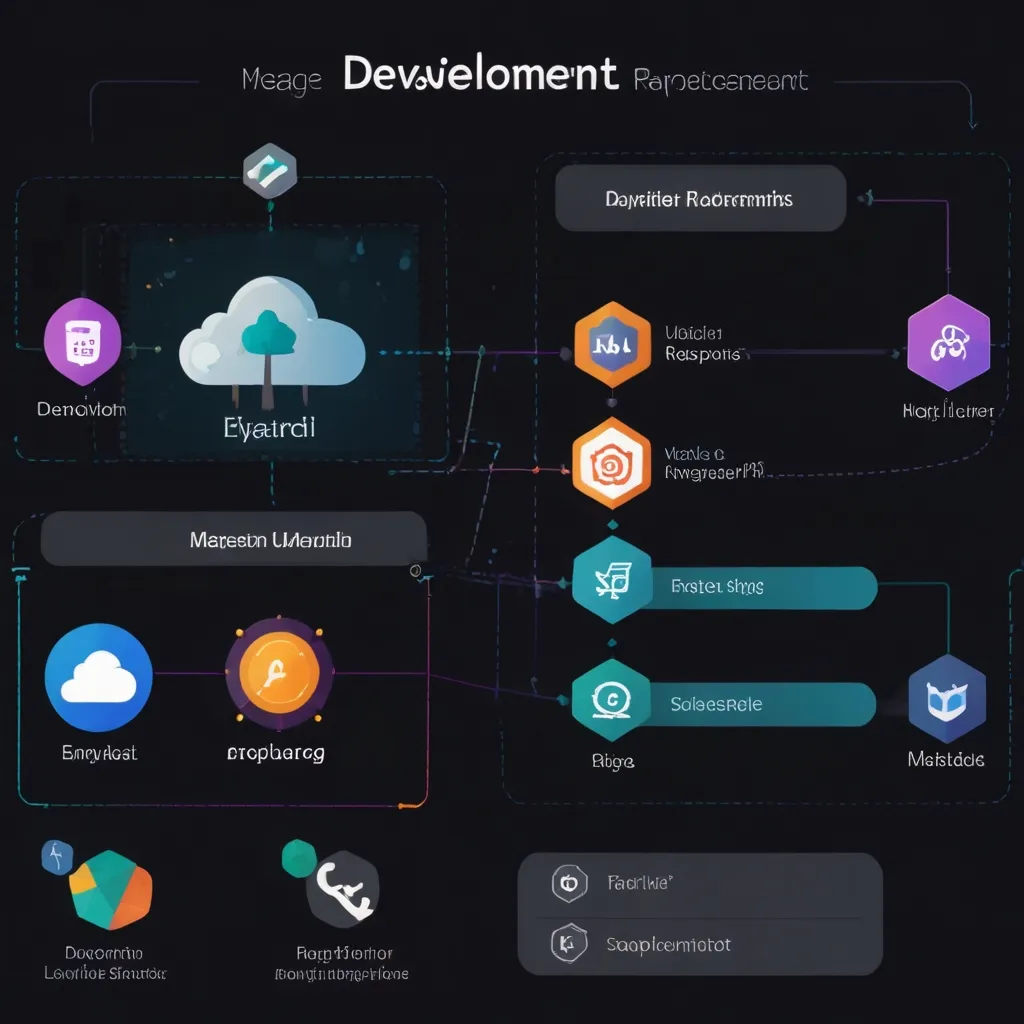When I first stumbled across Expat, the stream-oriented XML parser written in C, it felt like discovering a hidden treasure in the world of programming. If you’ve ever worked with XML, you know that parsing it can be a bit of a headache, especially when you’re looking for something efficient and lightweight. Expat offers just that—an efficient mechanism to parse XML without the overhead that might bog down your application.
Expat might not have a fancy GUI or be the talk of programming town, but it’s definitely a reliable companion for anyone dealing with XML data. XML, with its angle brackets and nested tags, can be a nightmare if not handled properly. Expat, operating through an event-driven model, reads XML and responds to it by calling handlers, little chunks of code that act when certain parts of the XML are encountered.
Think of Expat like a friendly librarian. As you walk through the stacks (the XML document), whenever you say, “Aha, this is what I’m looking for” (a specific tag or data), Expat’s handlers perk up and respond accordingly. It doesn’t read the entire document into memory at once, which is a relief if you’re dealing with massive files, making it super efficient. Memory management is crucial, and Expat keeps it lean and mean.
Implementing Expat in your projects is like playing with LEGO. You’ve got to set up your pieces and determine how they fit best together to build something extraordinary. The first step is initializing the XML parser, which feels like opening a new book. You declare XML_Parser and jump right in by using XML_ParserCreate. Once you’ve got your parser ready, it’s time to set up the unique handlers that’ll react to various parts of your XML.
For example, you might have a handler function like start() that springs into action when an opening tag is encountered. You’ll need to connect this handler to your parser using XML_SetElementHandler. Then, there’s the end() handler for when a closing tag pops up. It’s a bit like directing traffic and knowing which roads lead where. These functions let you pull information right out of the XML document and use it as needed.
Expat is also forgiving and flexible with namespaces, which makes it quite adaptable to complex XML documents. Additional details like attributes can be accessed through the handler functions, offering you precise control over the content you’re parsing.
Even though we’re deep in C land, Expat doesn’t make you jump through hoops. It offers a balance by being straightforward yet powerful. It’s a no-frills tool that just works, which is something I’m sure developers across the spectrum appreciate. While languages like Python and Java have more intuitive libraries for XML like ElementTree or DOM, there’s a certain satisfaction in working directly with Expat. It’s raw and close to the metal, offering you a taste of what’s happening under the hood.
The practical side of working with Expat includes handling data little by little, feed by feed. You might read a file in chunks, and Expat can chew through these chunks piece by piece. This incremental approach is particularly advantageous for large XML files, where loading the entire file into memory would be inefficient, if not impossible. As you call XML_Parse with each chunk, Expat handles the rest, invoking the necessary handlers at each step.
To showcase this, imagine you’re parsing a giant book catalog. With Expat, you could process each book entry one at a time, pulling out the title, author, and publication date using start and end handlers. This method allows for real-time processing without waiting for the entire catalog to load, making your application responsive and fast.
Another personal touch to Expat’s charm is its comprehensive error handling. When things go awry—and they often do when parsing XML—Expat provides sensible error codes and messages to help you pinpoint what went off track and where. This makes debugging a friendlier experience.
Expat’s ecosystem extends beyond just the parser. There’s a community of developers and users who continuously refine and improve its capabilities. You’ll find rich discussions and niche blogs online dedicated to leveraging Expat for different projects, adding another layer of richness to this little engine that could.
Though Expat has been around for quite some time, it’s witnessed continuous updates, which reflects its lasting utility and relevance. It’s a tool that teaches patience, precision, and appreciation for clean code. You can encapsulate complex XML structures into manageable, customizable components.
To anyone embarking on the C programming journey with XML, Expat is like a trusted old friend. It might not have the bells and whistles of newer libraries, but its reliability and efficiency offer a different kind of satisfaction—a manifestation of elegance and simplicity in the rugged world of C.
Whether you’re a seasoned developer or a curious newcomer, diving into Expat opens up new avenues in understanding data parsing. It’s a reminder of the elegance in simplicity and the art of handling data with finesse. So, the next time you face an XML challenge, remember there’s a reliable little parser named Expat, ready to assist you with grace and efficiency. Give it a try in your next project, and you might just find a new favorite tool in your programming toolkit.






